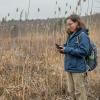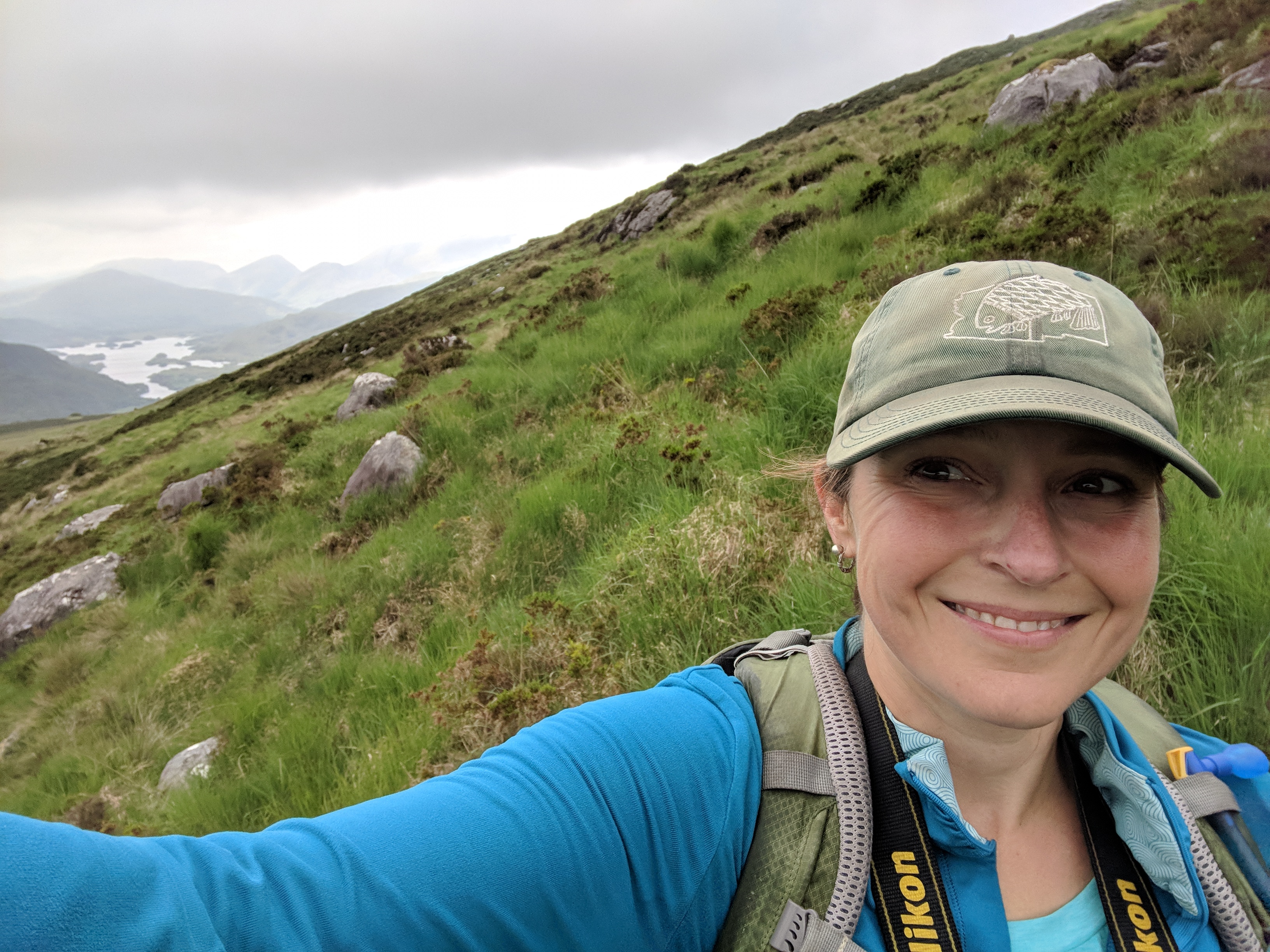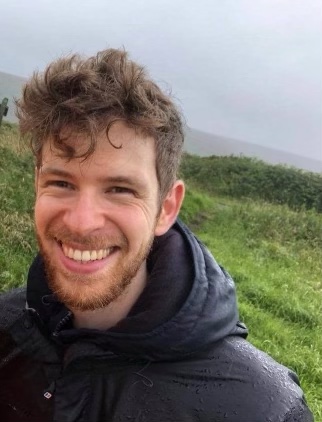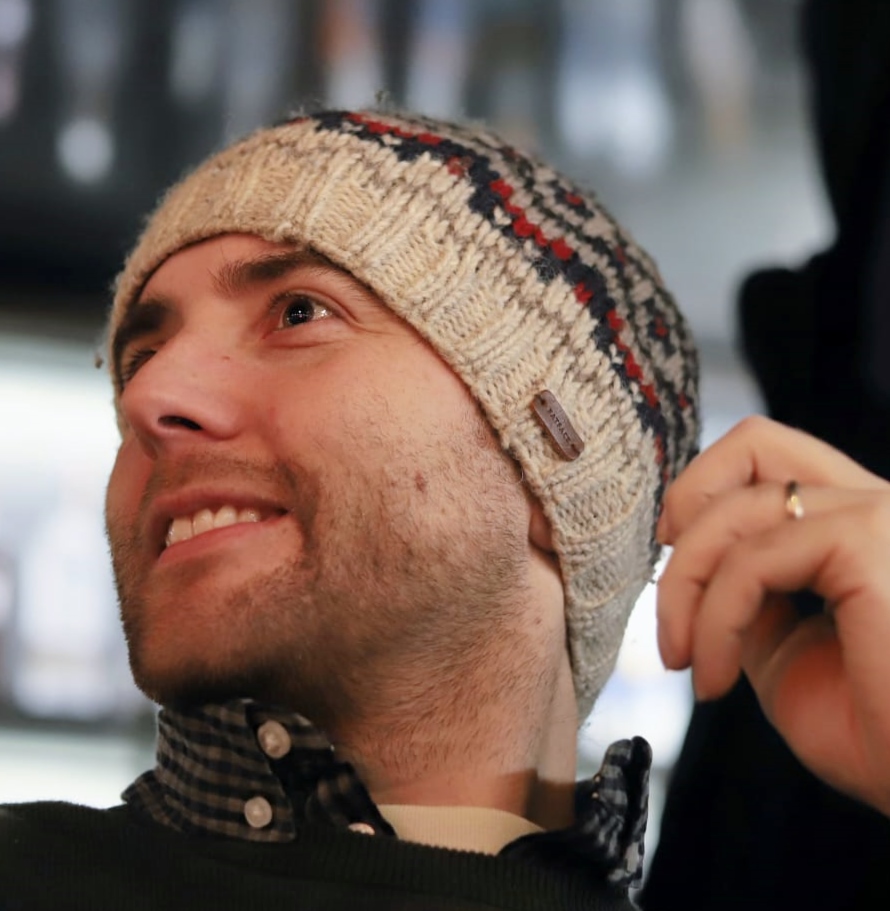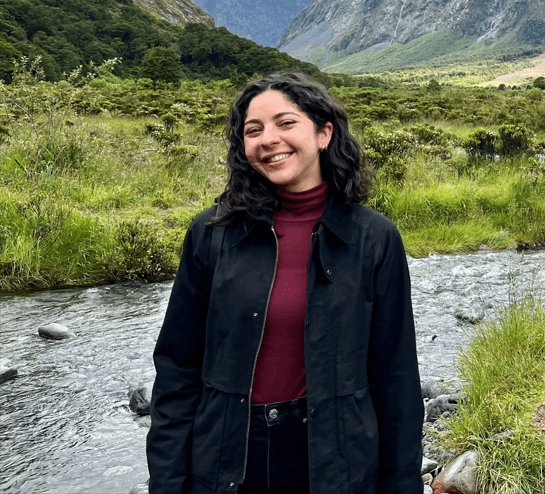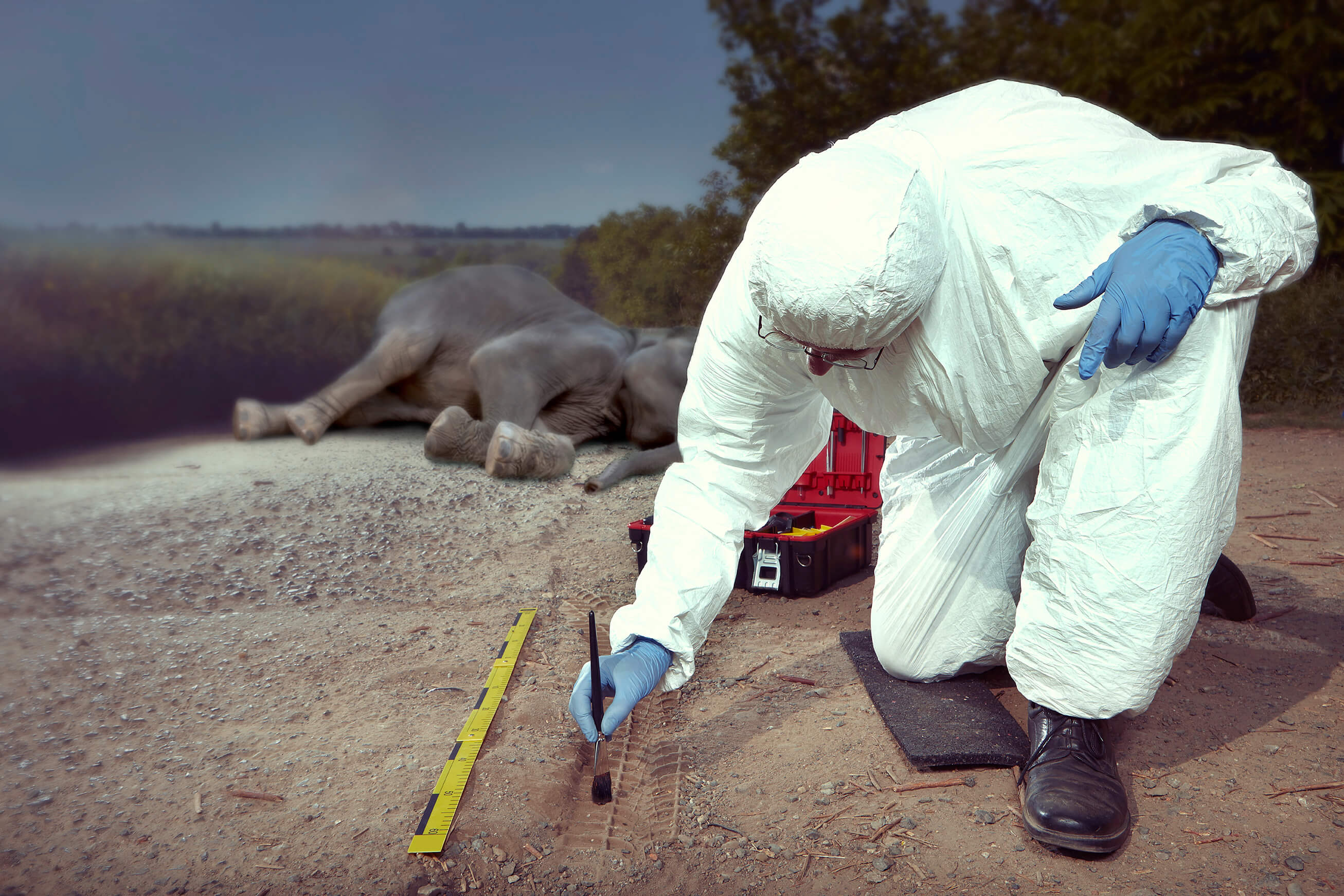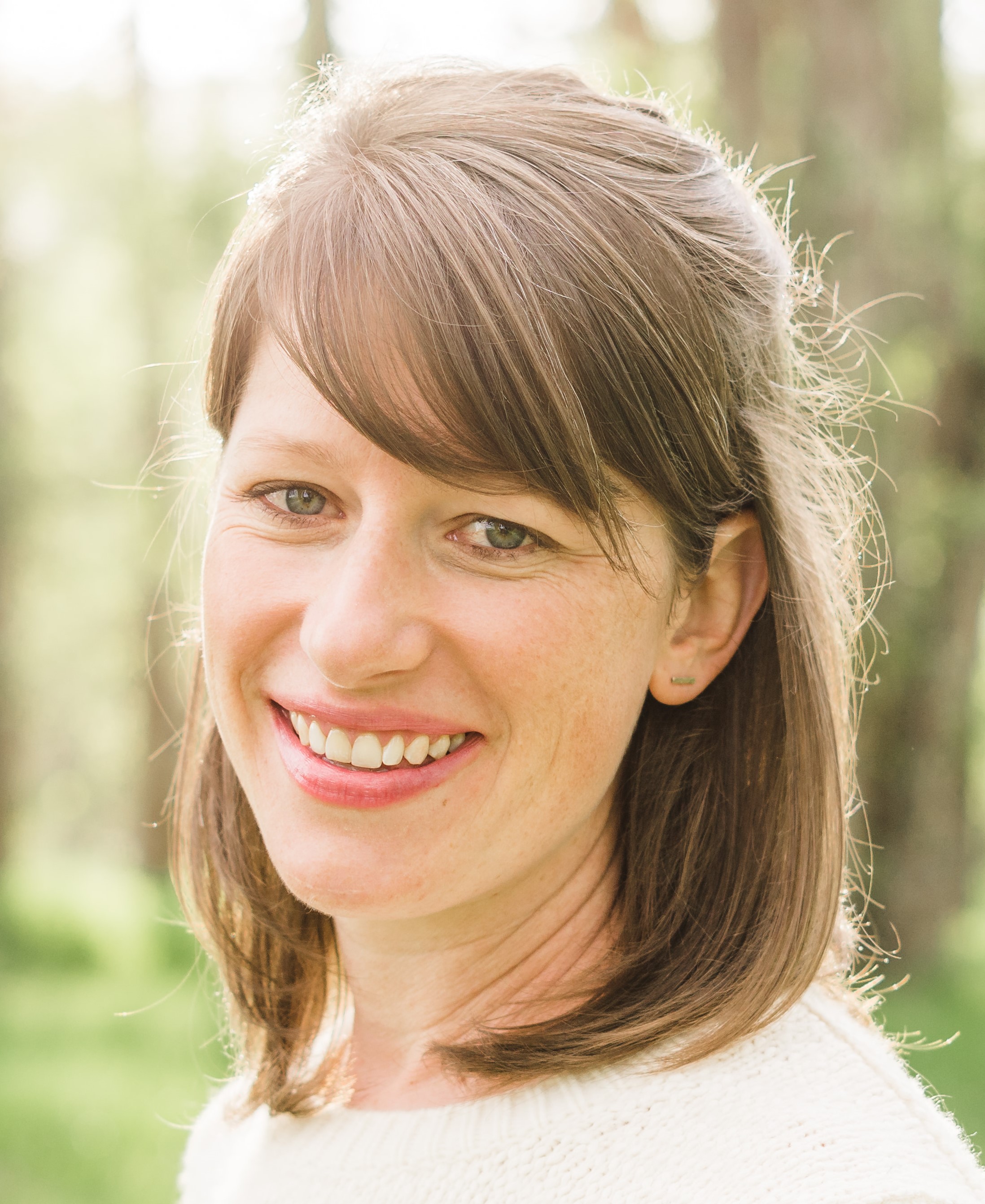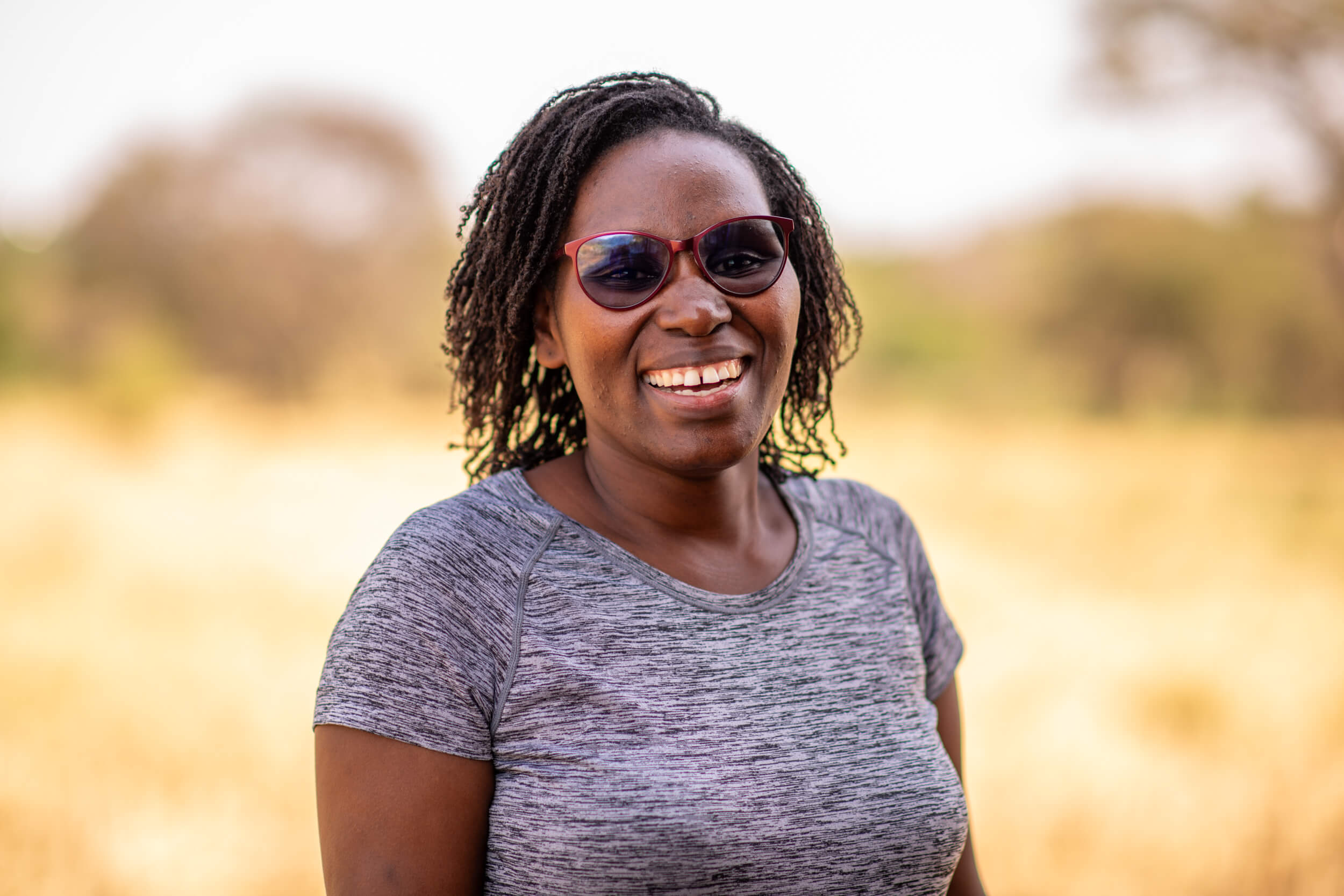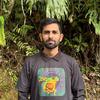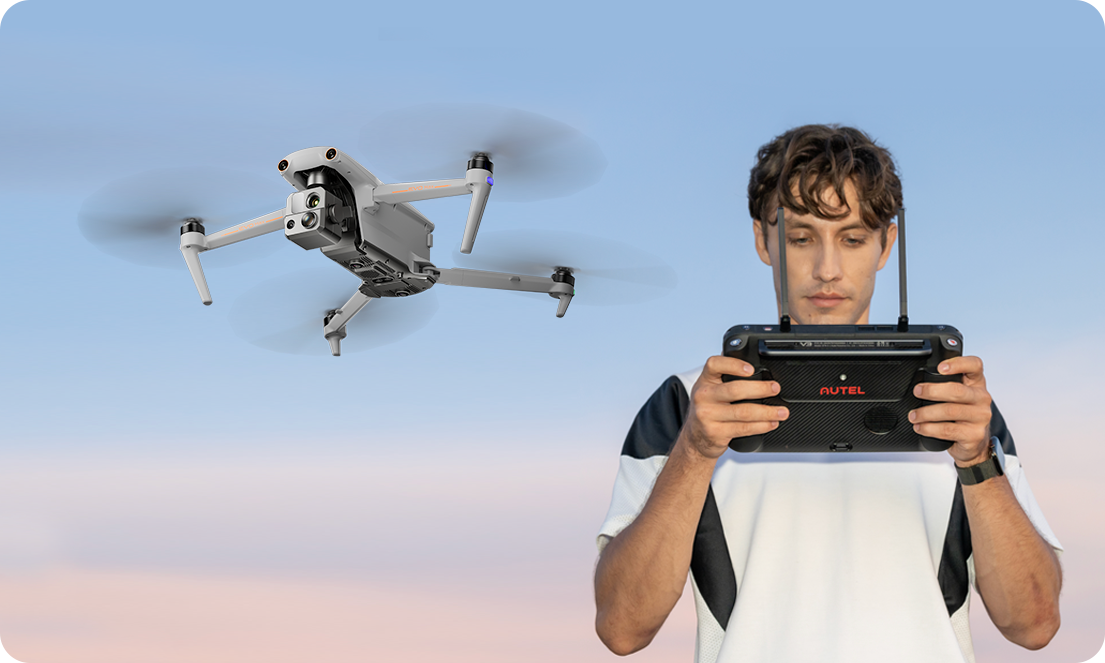With new technologies revolutionizing data collection, wildlife researchers are becoming increasingly able to collect data at much higher volumes than ever before. Now we are facing the challenges of putting this information to use, bringing the science of big data into the conservation arena. With the help of machine learning tools, this area holds immense potential for conservation practices. The applications range from online trafficking alerts to species-specific early warning systems to efficient movement and biodiversity monitoring and beyond.
However, the process of building effective machine learning tools depends upon large amounts of standardized training data, and conservationists currently lack an established system for standardization. How to best develop such a system and incentivize data sharing are questions at the forefront of this work. There are currently multiple AI-based conservation initiatives, including Wildlife Insights and WildBook, that are pioneering applications on this front.
This group is the perfect place to ask all your AI-related questions, no matter your skill level or previous familiarity! You'll find resources, meet other members with similar questions and experts who can answer them, and engage in exciting collaborative opportunities together.
Just getting started with AI in conservation? Check out our introduction tutorial, How Do I Train My First Machine Learning Model? with Daniel Situnayake, and our Virtual Meetup on Big Data. If you're coming from the more technical side of AI/ML, Sara Beery runs an AI for Conservation slack channel that might be of interest. Message her for an invite.
Header Image: Dr Claire Burke / @CBurkeSci

Explore the Basics: AI
Understanding the possibilities for incorporating new technology into your work can feel overwhelming. With so many tools available, so many resources to keep up with, and so many innovative projects happening around the world and in our community, it's easy to lose sight of how and why these new technologies matter, and how they can be practically applied to your projects.
Machine learning has huge potential in conservation tech, and its applications are growing every day! But the tradeoff of that potential is a big learning curve - or so it seems to those starting out with this powerful tool!
To help you explore the potential of AI (and prepare for some of our upcoming AI-themed events!), we've compiled simple, key resources, conversations, and videos to highlight the possibilities:
Three Resources for Beginners:
- Everything I know about Machine Learning and Camera Traps, Dan Morris | Resource library, camera traps, machine learning
- Using Computer Vision to Protect Endangered Species, Kasim Rafiq | Machine learning, data analysis, big cats
- Resource: WildID | WildID
Three Forum Threads for Beginners:
- I made an open-source tool to help you sort camera trap images | Petar Gyurov, Camera Traps
- Batch / Automated Cloud Processing | Chris Nicolas, Acoustic Monitoring
- Looking for help with camera trapping for Jaguars: Software for species ID and database building | Carmina Gutierrez, AI for Conservation
Three Tutorials for Beginners:
- How do I get started using machine learning for my camera traps? | Sara Beery, Tech Tutors
- How do I train my first machine learning model? | Daniel Situnayake, Tech Tutors
- Big Data in Conservation | Dave Thau, Dan Morris, Sarah Davidson, Virtual Meetups
Want to know more about AI, or have your specific machine learning questions answered by experts in the WILDLABS community? Make sure you join the conversation in our AI for Conservation group!
- @fsanger
- | she / her/ ella
- 0 Resources
- 4 Discussions
- 7 Groups
Environmentalist and Python developer working in the realm of Remote Sensing. Fascinated by the intersection of technology and nature, with a focus on machine learning, ecological modeling, and biodiversity monitoring. 🌍
- 0 Resources
- 0 Discussions
- 11 Groups

- 0 Resources
- 0 Discussions
- 2 Groups
- 0 Resources
- 0 Discussions
- 1 Groups
- @Namitha
- | She/her
Physics PhD candidate enthusiastic about conservation and ecology
- 0 Resources
- 0 Discussions
- 1 Groups
Founder & CEO of we.are.tohorā, creating a community that cares about whales, the environment and each other.
- 0 Resources
- 0 Discussions
- 13 Groups
- @Dragonoeede
- | He/Him
- 0 Resources
- 1 Discussions
- 1 Groups
- @rosco
- | He/Him
Ross is a specialist in the capture and analysis of remotely sensed data for conservation.
- 1 Resources
- 0 Discussions
- 2 Groups
- @Sarvagya
- | He/Him
- 0 Resources
- 0 Discussions
- 7 Groups
- 0 Resources
- 0 Discussions
- 5 Groups
- @leonardoscarpa
- | He/His
I'm Leonardo, I'm a biologist, and I'm passionate about movement ecology. Another of my hobbies is GIS. I have a master's degree in this topic, which I complement with the use of technology such as drones, camera traps and acoustic receivers
- 0 Resources
- 0 Discussions
- 10 Groups
- @Thomas_Luypaert
- | He/him
Norwegian University of Life Sciences (NMBU)
Ecological monitoring enthusiast with a focus on ecological and conservation research
- 1 Resources
- 1 Discussions
- 7 Groups
Come join us at AIMS, and work on deep learning for bioacoustics research!
14 June 2024
The AI for Climate and Nature Grand Challenge initiative from the Bezos Earth Fund has opened a call for proposals for "exploring new ideas for multiplying the impact of climate and nature efforts using modern AI"
12 June 2024
The San Diego Zoo Wildlife Alliance's Burrowing Owl Recovery Program and Conservation Technology Lab seek a postdoctoral research associate to develop bioacoustic tools for monitoring the western burrowing owl...
11 June 2024
Come and do the first research into responsible AI for biodiversity monitoring, developing ways to ensure these AIs are safe, unbiased and accountable.
11 June 2024
€4,000 travel grants are available for researchers interested in insect monitoring using automated cameras and computer vision
6 June 2024
WildLabs will soon launch a 'Funding and Finance' group. What would be your wish list for such a group? Would you be interested in co-managing or otherwise helping out?
5 June 2024
Now accepting applications for two $15,000 grants to help protect wildlife through cutting-edge, technology-driven efforts
3 June 2024
These authors "develop an approach based on stochastic simulations of biodiversity and a deep learning model to infer richness at global or regional scales through time while incorporating spatial, temporal and...
20 May 2024
Check out this paper that reviews the current state of AI in conservation.
9 May 2024
In 1987, sustainability was defined by the United Nations Brundtland Commission as “meeting the needs of the present without compromising the ability of future generations to meet their own needs.”In 1987,...
7 May 2024
€2,000 travel grants are available for researchers interested in insect monitoring using automated cameras and computer vision
3 May 2024
June 2025
event
July 2025
October 2025
event
event
July 2021
December 2020
73 Products
Recently updated products
16 Products
Recently updated products
| Description | Activity | Replies | Groups | Updated |
|---|---|---|---|---|
| Odor based methods would be interesting. Provided they didn't need to be replenished too often.We find varied stimulus prevents habituation. |
+6
|
AI for Conservation, Conservation Tech Training and Education, Emerging Tech, Human-Wildlife Conflict | 8 months ago | |
| Thank you John. |
|
AI for Conservation | 8 months ago | |
| Hello everyone!Check out our new paper on "Reliable and efficient integration of AI into camera traps for smart wildlife monitoring." We... |
|
AI for Conservation | 8 months 1 week ago | |
| Hi Karen,Yeah the discharge curves of lithium cells tend to be very stable for a long time and then drop sharply at the end. Akiba and Brett's advice below re: condensation... |
|
Camera Traps, AI for Conservation | 8 months 2 weeks ago | |
| Hi @benweinstein !Surely a general detector might be very useful for detecting objects in aerial imagery! Maybe something similar to what MegaDetector does in camera trap images,... |
|
AI for Conservation, Open Source Solutions, Protected Area Management Tools, Drones, Geospatial | 8 months 2 weeks ago | |
| Thank you!! |
|
AI for Conservation | 8 months 3 weeks ago | |
| Agreed. I have recently begun using SegmentAnything as a replacement for Detectron and have been very pleased. However, for a fish school I don't know how well it would do out of... |
|
Data management and processing tools, AI for Conservation | 9 months 1 week ago | |
| @DibblexLesalon looks like a great question for your team at Expert Drones Africa :) |
|
AI for Conservation | 9 months 1 week ago | |
| However, I think it's important to reflect further to determine exactly what needs to be done. |
+8
|
Climate Change, AI for Conservation, Animal Movement, Citizen Science | 9 months 2 weeks ago | |
| Congrats on the publication! Great work! |
|
AI for Conservation | 9 months 2 weeks ago | |
| The German start-up Dryad is also working on early fire detection using sensors and AI. |
|
AI for Conservation | 9 months 2 weeks ago | |
| I found this interesting |
+48
|
AI for Conservation, Emerging Tech | 9 months 2 weeks ago |

